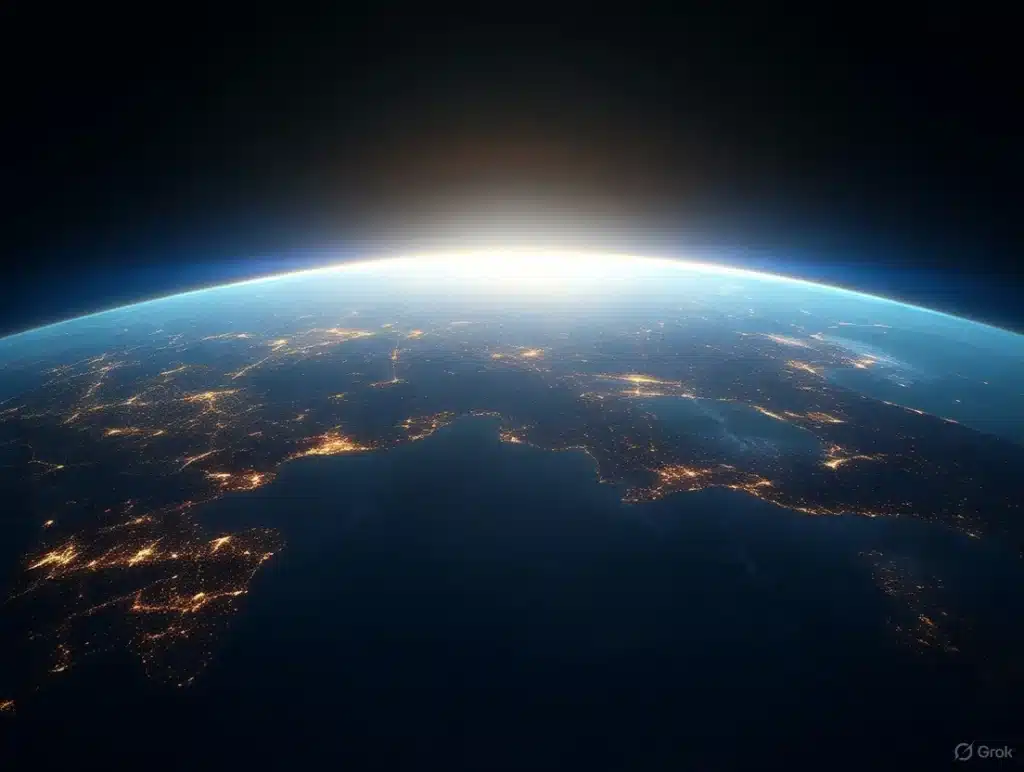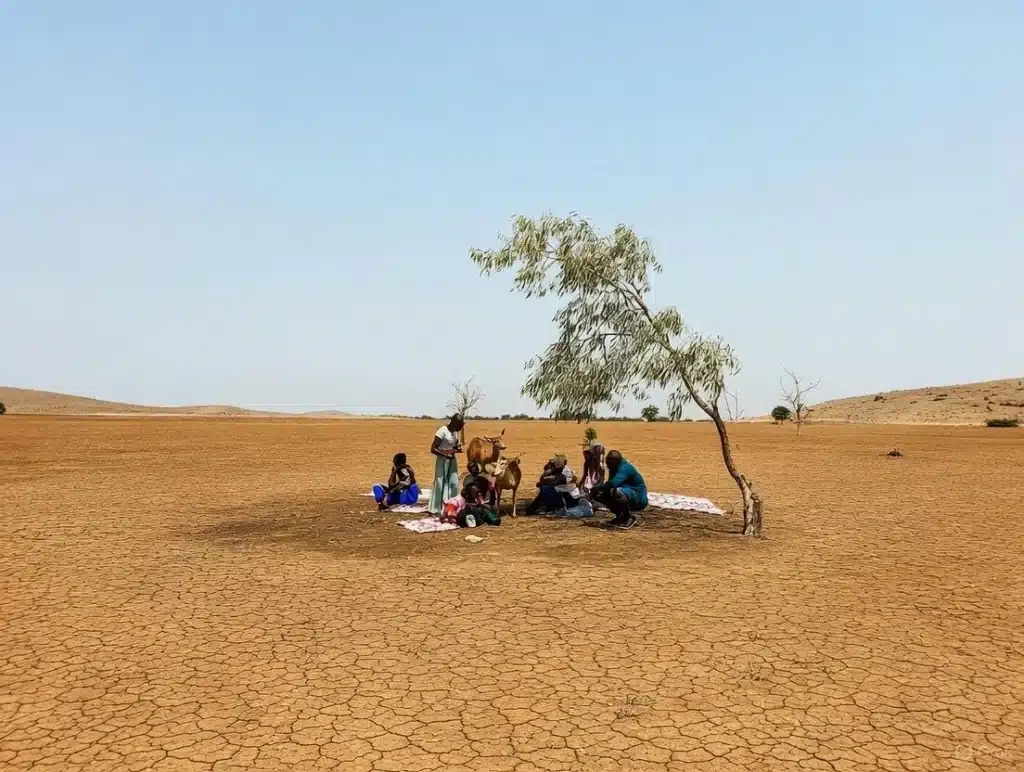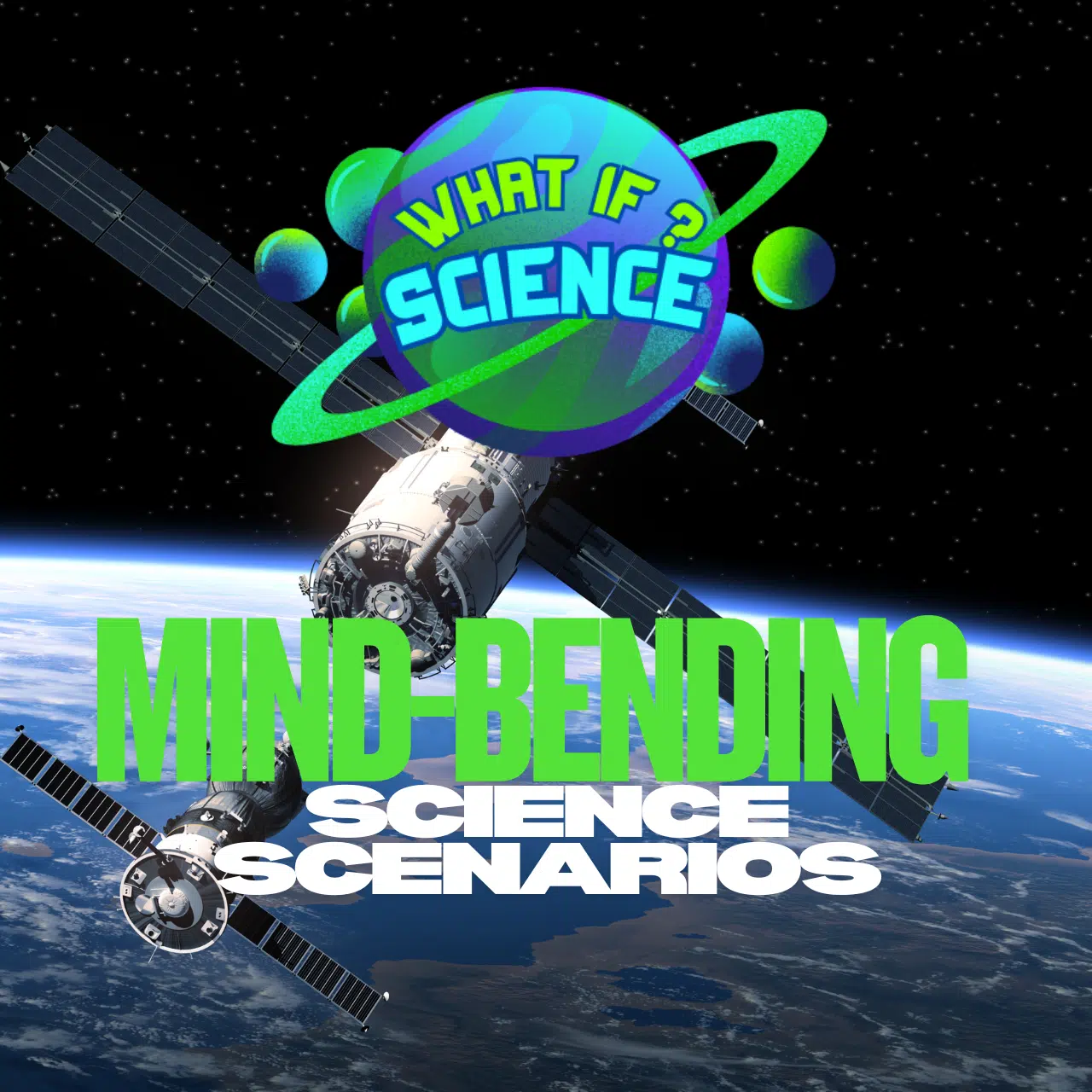🌞 Introduction: Can You Imagine No Night?
Every evening, the Sun sets, and the world slips into darkness. We see the Moon, twinkling stars, and sometimes even shooting comets. Night feels natural—like Earth’s way of resting.
But what if darkness never came? What if the Sun never set, and the sky stayed bright forever? Imagine living in a world of eternal daylight, where shadows never stretched long, and bedtime always felt strange.
Would humans survive? Could animals adapt? And what about plants, oceans, and the very rhythm of Earth? Let’s step into this dazzling “what if” scenario.
🌍 Why Do We Have Day and Night?
Before we picture a world without darkness, let’s remind ourselves how day and night happen.
- Earth spins like a top—one full turn every 24 hours.
- The side facing the Sun gets daylight.
- The side facing away rests in darkness.
This cycle of day and night is called the circadian rhythm—our planet’s natural heartbeat. It keeps life balanced, giving energy by day and rest by night.
So, if darkness vanished, Earth’s rhythm would be broken.
🌞 Eternal Daylight: What Would the Sky Look Like?
If the Sun never set, the sky would always be bright blue. Stars would vanish from our sight. The Moon, planets, and Milky Way would become forgotten treasures.
- No constellations to guide sailors.
- No meteor showers to wish upon.
- No Northern Lights dancing in the dark.
The sky would be locked in a permanent noon, with sunlight pouring endlessly.

🧑🤝🧑 How Would Humans Live Without Night?
Humans depend on both light and dark. Without darkness:
- Sleep Problems – Our bodies make melatonin, the sleep hormone, only in darkness. Without it, people might feel tired, grumpy, or sick.
- Endless Work Days – Imagine schools, factories, and offices never stopping. No clear bedtime would make life chaotic.
- Mental Stress – Our brains need rest. Constant light could make people anxious, restless, or confused about time.
- Health Issues – Higher risks of obesity, heart problems, and weaker immunity could appear.
In short, eternal daylight could make humans weaker instead of stronger.
🐾 What About Animals?
Animals rely on night just as much as humans.
- Owls, bats, and fireflies would vanish because their world exists only in darkness.
- Predators like lions would struggle, since they hunt best at night.
- Birds that use stars to migrate would lose their guiding map.
- Sea turtles that lay eggs at night might stop breeding, risking extinction.
Some creatures would adapt—maybe animals would evolve to handle constant brightness. But many would fade away forever.
🌱 Plants Under Endless Sunlight
You might think plants would love eternal daylight. After all, they use the Sun for photosynthesis. But too much of anything is bad!
- Plants also rest at night, storing energy. Without rest, they would weaken.
- Some flowers, like lotuses and moonflowers, bloom only in darkness. They would disappear.
- Soil could dry out quickly, leading to more deserts.
So, instead of Earth turning into a lush paradise, constant sunlight might create a struggling planet.
🌡️ The Earth’s Temperature Without Darkness
Nighttime is Earth’s natural air-conditioner. When the Sun sets, heat escapes into space, cooling the planet.
Without darkness:
- Temperatures would rise dangerously.
- Ice caps would melt faster.
- Oceans could boil in certain regions.
- Heat waves could become permanent.
Eventually, Earth could turn into something like Venus, where it’s scorching hot all the time.

🕰️ How Would Time Work Without Night?
Think about it—if there was no night, how would we tell when to sleep, eat, or celebrate birthdays?
- Clocks would become the only guide, not the Sun.
- Festivals like Diwali, Christmas Eve, and New Year’s midnight wouldn’t feel the same.
- Kids might never know the joy of stargazing or camping under a dark sky.
Life would become mechanical, with no natural rhythm.
🚀 Could Technology Save Us?
If eternal daylight really happened, humans would need clever solutions:
- Artificial Darkness – Special glass that blocks sunlight could create “fake night.”
- Underground Cities – People might build homes under Earth’s surface to escape the Sun.
- Smart Clocks – Machines could force strict sleep schedules to keep bodies healthy.
But no matter how advanced technology becomes, true darkness cannot be replaced.
🔭 Why Darkness Is Precious
Darkness isn’t just empty space—it’s a gift.
- It lets us see the universe—planets, galaxies, and shooting stars.
- It gives Earth balance, keeping life cycles stable.
- It makes rest and imagination possible. (After all, most fairy tales begin at night!)
Without it, Earth would be bright—but lifeless in spirit.
🌠 Conclusion: A World That Needs Both Light and Dark
So, what would happen if eternal daylight ruled?
- Humans would suffer from sleeplessness and stress.
- Animals and plants would struggle to survive.
- The planet would heat up, oceans would change, and time itself would feel broken.
The truth is: Earth needs the magic of both day and night. Darkness is not the enemy—it’s half the heartbeat of our planet.
So tonight, when the Sun sets and stars sparkle, remember this: darkness is just as important as light.

